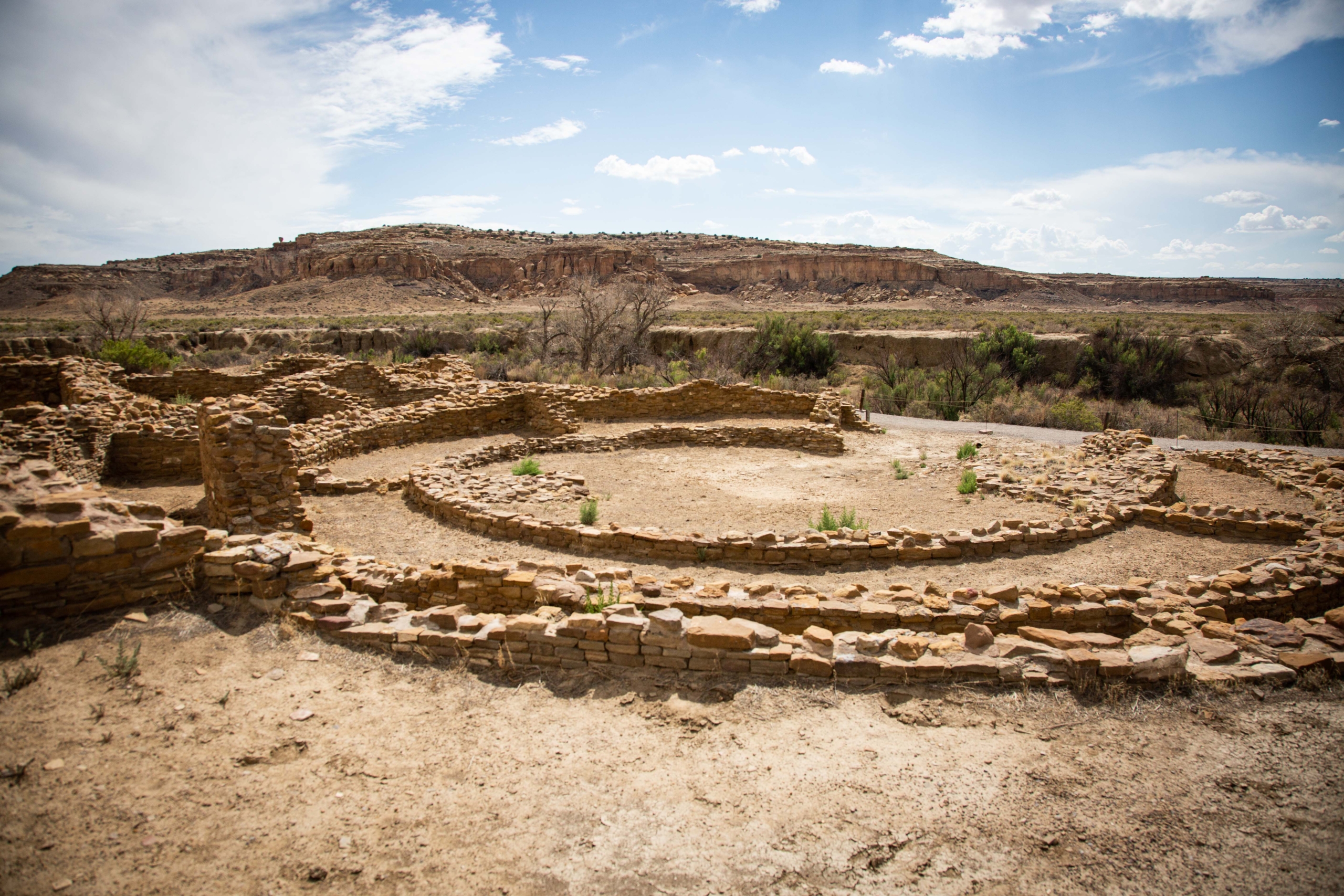A historic struggle is brewing in North Dakota, where hundreds of Native Americans have mobilized to oppose the construction of a major oil pipeline across the Missouri River.
Local tribal members and their supporters have gathered near Cannonball, North Dakota in a large and growing prayer camp, unified behind the slogan Mni wiconi, meaning “water is life” in the Lakota language.
The Dakota Access Pipeline they are standing against is designed to move he pipeline would eventually haul 470,000 barrels of crude oil a day from the Bakken oil fields in North Dakota 1,172 miles to Illinois and refineries further south.
Given the troubling record of pipeline safety in the U.S. the Standing Rock Sioux Tribe is gravely concerned that the pipeline’s planned path across the Missouri River is just one mile upstream from the 8,000-person reservation. The Missouri is the tribe’s only source of water. The pipeline will also disturb sacred sites on land managed by the Army Corps of Engineers.
Last weekend The New York Times featured a front-page photo of young Native activists on horseback across from a line of law enforcement officers near the planned pipeline construction site. In fact, the peaceful stand by American Indian volunteers against this Big Oil project is getting more mainstream coverage than just about any Native issue in memory.
But little of the reporting captures the truly historic nature of the conflict.
The fight against the Dakota Access Pipeline is shaping up to be a rallying cry for indigenous people across the continent and for the broader climate movement as well. And it’s not going away anytime soon.
The Camp of the Sacred Stones prayer encampment was initiated by members of the Standing Rock Sioux Tribe back in April to little national notice. But news of the heroic opposition to the Dakota Pipeline soon spread across Indian Country by word of mouth and social media — which has become one of the main venues of solidarity and struggle for Native peoples in recent years.
“We have laws that require federal agencies to consider environmental risks and protection of Indian historic and sacred sites,” Dave Archambault II, the elected chairman of the Standing Rock Sioux Tribe, said in a statement. “But the Army Corps has ignored all those laws and fast-tracked this massive project just to meet the pipeline’s aggressive construction schedule.”
As of the beginning of August, local authorities had arrested nearly two dozen peaceful protesters, including elected tribal leaders. The tribe filed a formal injunction to halt construction on the pipeline, about which they say they were not consulted. North Dakota Governor Jack Dalrymple then declared a state of emergency and put the National Guard on call despite the peaceful nature of the camp. Morton County Sheriff Kyle Kirchmeier attempted to stoke local tensions by declaring, “It is turning into an unlawful protest with some of the things that have been done and have been compromised at this point. We have had incidents and reports of weapons, of pipe bombs, of some shots fired.”
Organizers and leaders strongly deny these claims. All firearms, weapons, alcohol and drugs are strictly forbidden in the camp, which is home to many families and young children.
When the governor closed local roads and used blockades to corral the camp, the North Dakota ACLU responded by stating, “If the highway remains closed and we receive additional information regarding violations of the rights of individuals to protest peacefully, we will pursue all legal remedies available to us to prevent further abuses. We ardently hope that the government works with us to ensure that peaceful protest is permitted and not hindered by governmental action.”
Now, the camp hosts as many as 3,000 people, many from Standing Rock reservation, but many more from an estimated 100 other tribes from around the country. Hundreds of volunteers maintain kitchens, campsites, cleanup and logistics for the encampment. Hundreds of long-term and short-term visitors have made their way to Cannonball to show solidarity and stand with Standing Rock.
According to some observers, the gathering near Standing Rock is the broadest political gathering of indigenous tribes of North America in modern times. Almost daily shipments of drinking water, food, supplies, or tribal delegations arrive in the camp.
“The atmosphere at the Camp of the Sacred Stones is transformative,” said Judith Le Blanc, a member of the Caddo tribe and director of the Native Organizers Alliance who spent a week at the camp. “It is a community taking care of each other, the land and the water… Many people who are making the camp their home have never been activists before. They came here as protectors, not protesters.”
The encampment has grabbed attention in part because it’s a classic David and Goliath Story.
The $3.7 billion Dakota Access pipeline is backed by big money (a consortium that includes the owners of Sunoco gasoline) and is bolstered by promises of jobs and support from elected officials of both major parties.
Sections of the pipeline across all four states have already been built, but Dakota Access faces opposition elsewhere as well. On Wednesday, members of Iowa Citizens for Community Improvement (Iowa CCI) and Bold Iowa beat back an attempt to silence protests of the pipeline in that state.
“We have been in this pipeline fight for over two years, and have vowed to use all of the tools available to us in our fight,” said Adam Mason, State Policy Director at Iowa CCI. “We will not be deterred or bullied by Big Oil.”
In late August a federal judge postponed ruling on the injunction until September 9, with a backup date for any appeals set for September 14. Whatever the ruling, there is a big struggle ahead in the courts and on the soil of North Dakota – and people around the world will continue to stand with Standing Rock.
Originally appeared at Ourfuture.org



